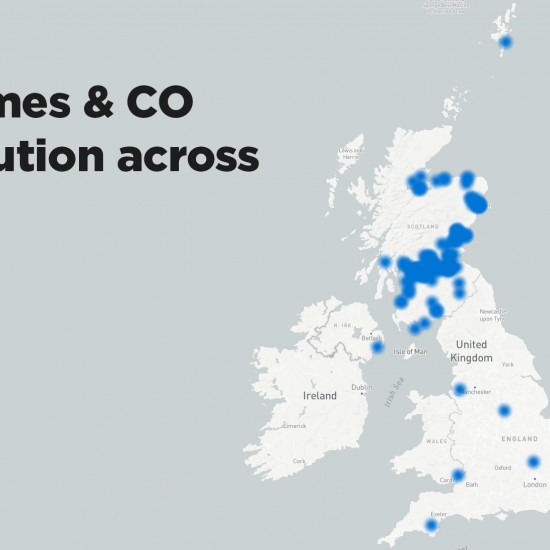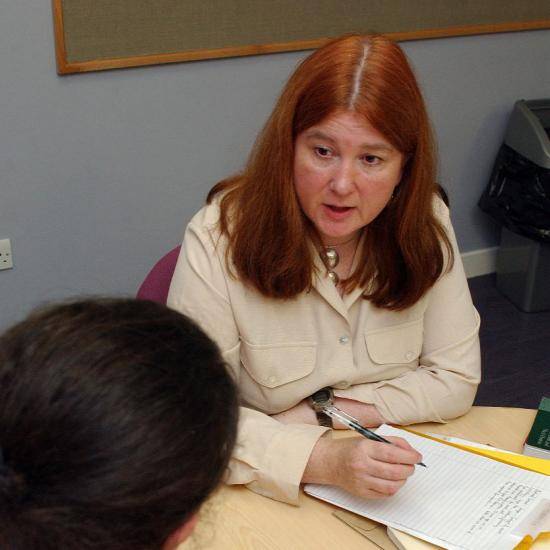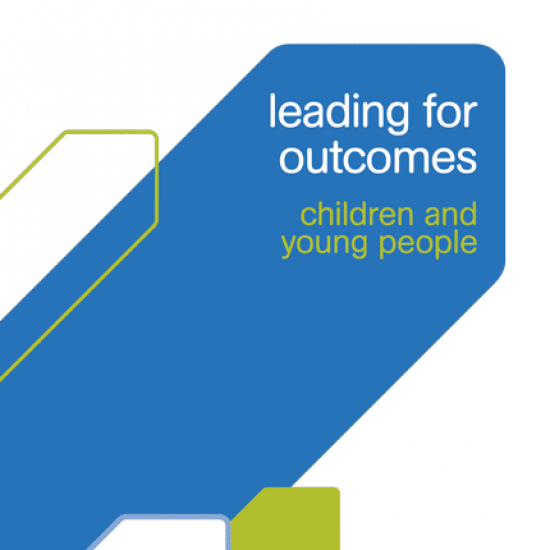Play a part in implementation of new Health and Social Care Standards
This year, Iriss is working with the new Standards for Health and Social Care Implementation Team to help test out some of the standards in practice. We are working to build an evidence base that bridges the new standards with practice in a variety of settings.
Outcomes & CO
conversation openers
Imagining the Future: leadership for change programme
Workshop summary report
Leading change in supervision
Messages from practice
Outcomes Toolbox
A toolbox of resources relevant to an outcomes-focused approach in social services
Developed by Iriss in partnership with Coalition of Care and Support Providers in Scotland (CCPS), the Outcomes Toolbox brings together a range of resources and knowledge relevant to an outcomes-focused approach in the social services.
It includes:
Rest assured?
A study of unpaid carers' experiences of short breaks
Rest assured? A study of unpaid carers' experiences of short breaks - survey data
Iriss, Shared Care Scotland, Coalition of Carers in Scotland and MECOPP worked together to carry out research into unpaid carers' experiences of short breaks from caring.
Leading for outcomes: Children and young people
An outcomes-focused approach with children and young people
Measuring outcomes in Angus
The wellbeing web
What is the wellbeing web?
In 2011, Angus Council produced the wellbeing web. The wellbeing web is an interactive tool designed to facilitate an engaging and positive process to measure outcomes with children and adults. The wellbeing web is used to capture specific outcomes, and for those receiving support to recognise where they are, where they would like to be, and what steps they need to take to get there.










